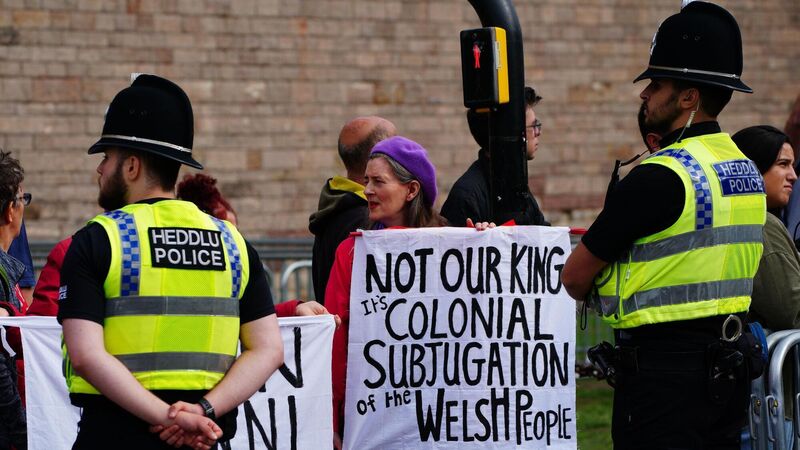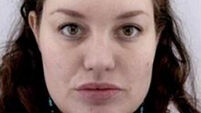Ceremonies continue apace in Britain ahead of the funeral of the late Queen Elizabeth II next Monday, and there is no shortage of peripheral events clawing for attention.
Whether it is fevered online speculation about the size of the new king’s fingers, or the BBC broadcast pleading with people to cease donating marmalade sandwiches as tributes to the queen, detached observers have had plenty of opportunities for distraction across the water.
Already a subscriber? Sign in
You have reached your article limit.
Subscribe to access all of the Irish Examiner.
Annual €130 €80
Best value
Monthly €12€6 / month
Introductory offers for new customers. Annual billed once for first year. Renews at €130. Monthly initial discount (first 3 months) billed monthly, then €12 a month. Ts&Cs apply.
CONNECT WITH US TODAY
Be the first to know the latest news and updates

















